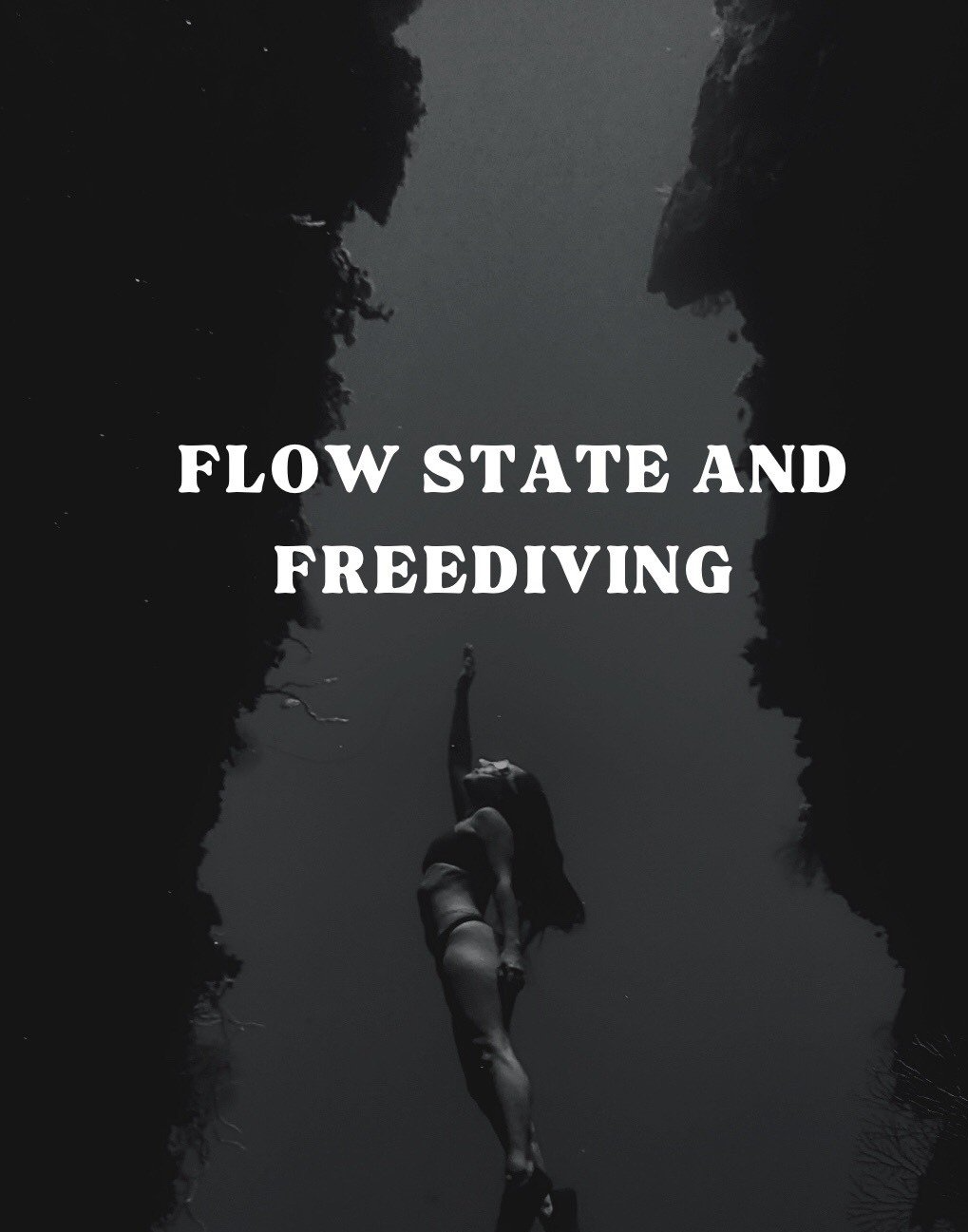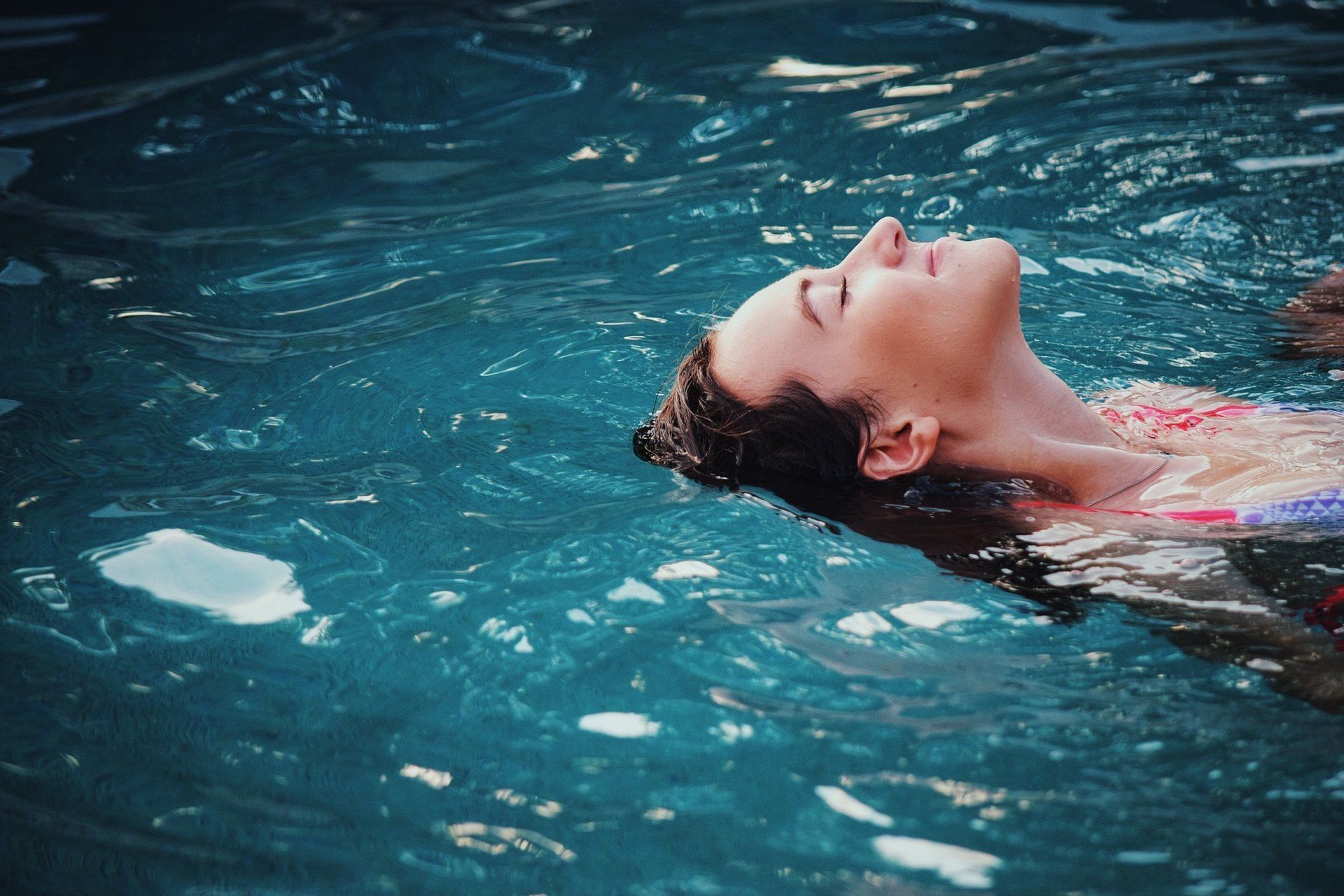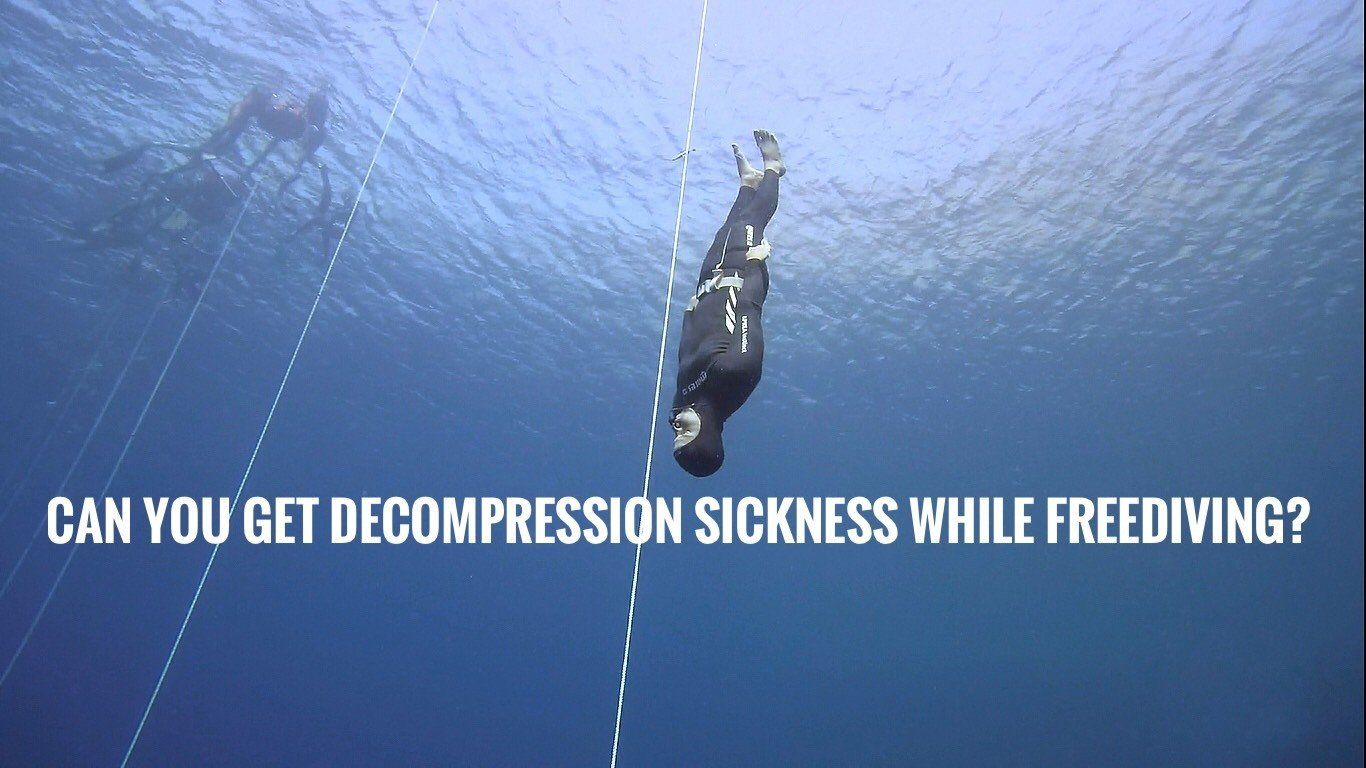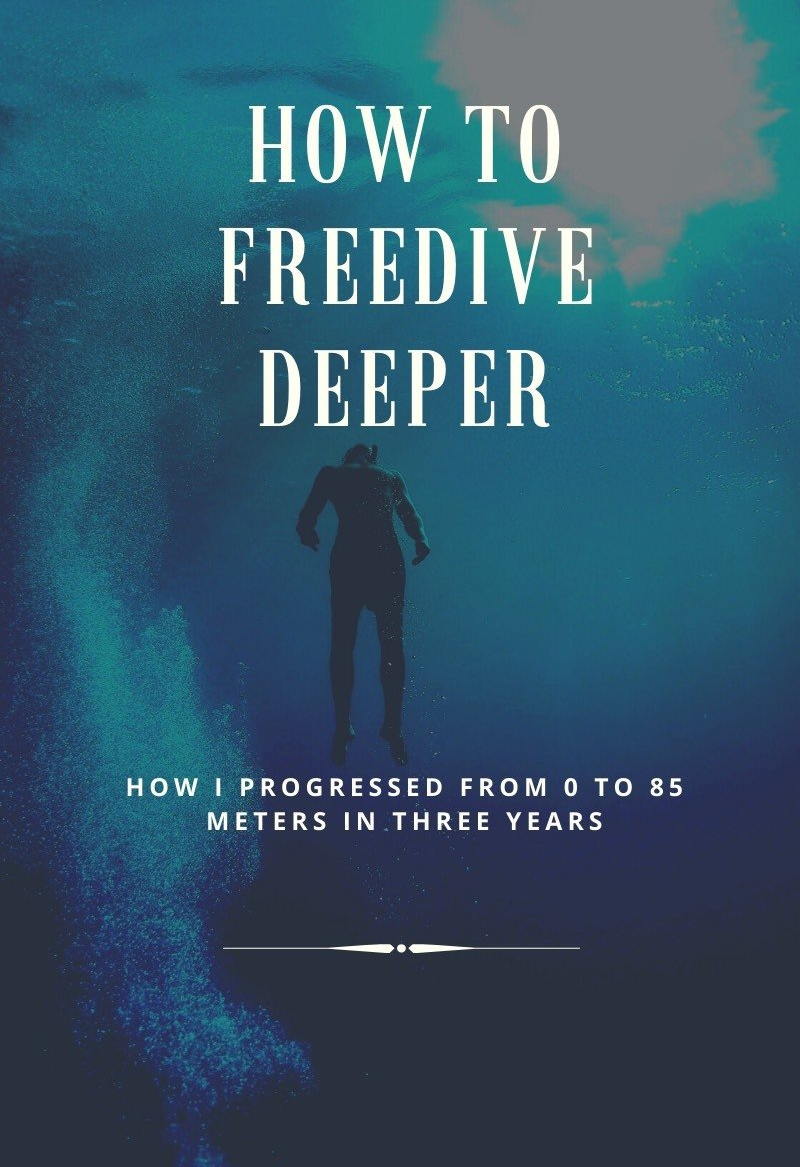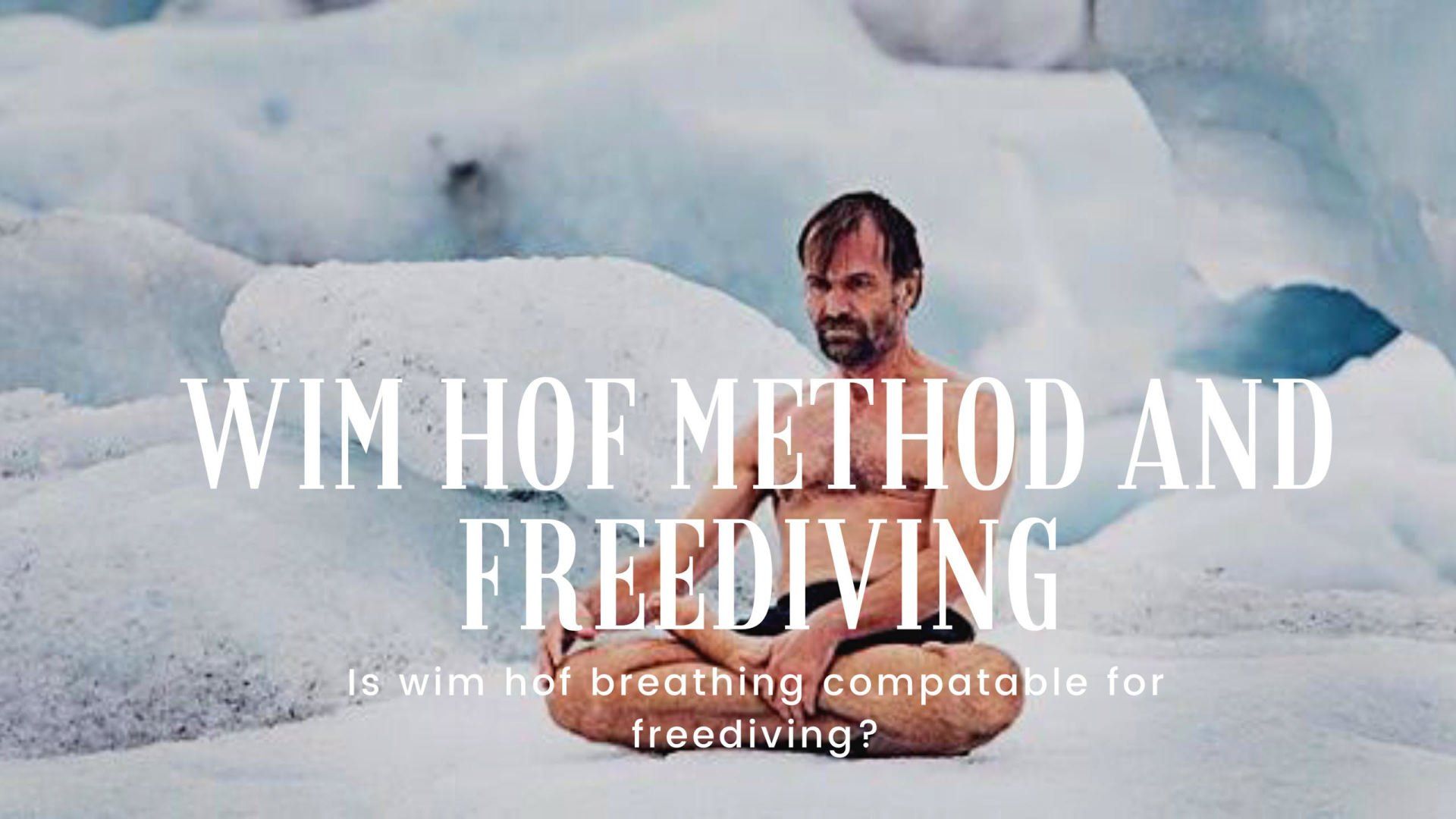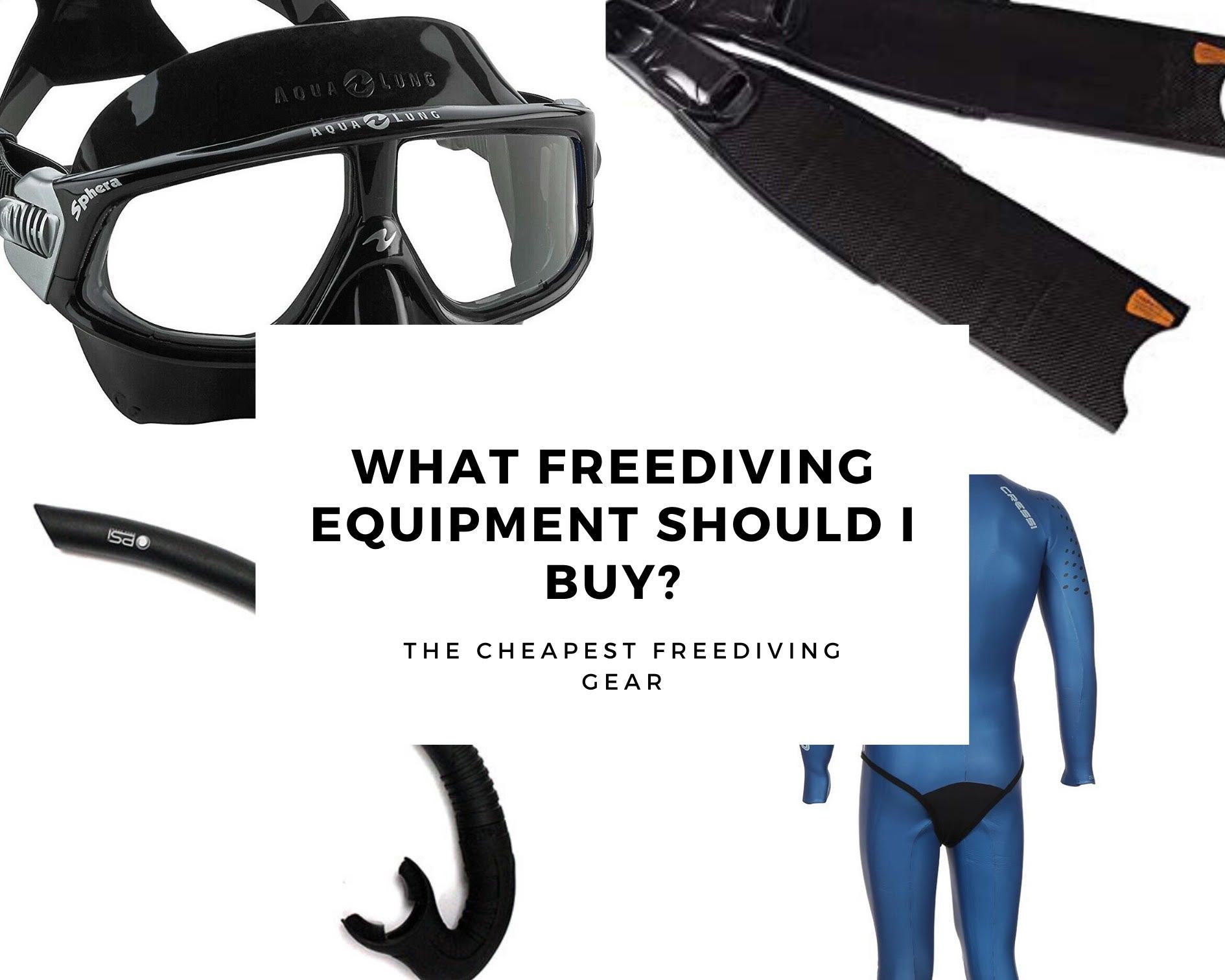The benefits of freediving and sensory deprivation tanks
How did I experience a sensory deprivation tank, is the experience any different from a freediving hang and what is the proven benefits of floatation tanks? These are some of the questions I will try to answer in this article
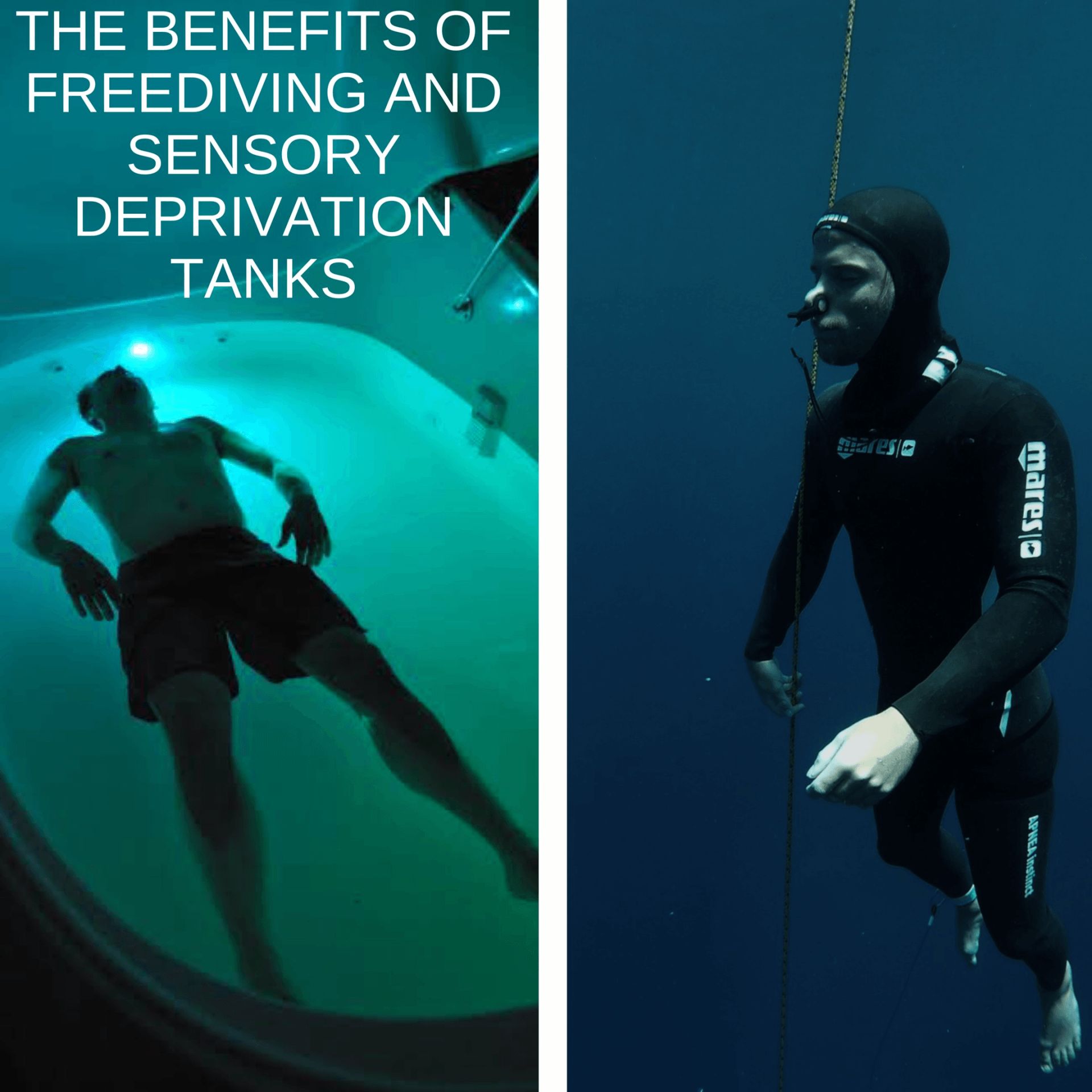
One of the more enjoyable things to do when freediving is what we, in freediving terms, call a “hang”.
This is done by simply pulling yourself down to a depth of around 10 meters, where you are neutrally buoyant, meaning that you’re neither positive nor negative buoyant and then whilst there, hang in the water without any effort.
When we’re there, we close our eyes and let our mind wonder and pay notice only to the sensations felt.
When I first heard about sensory deprivation tanks, I couldn’t help but notice the many similarities they had to a “freediving hang”. So, I decided to try it out for myself and see how it felt.
What is a sensory deprivation tank?
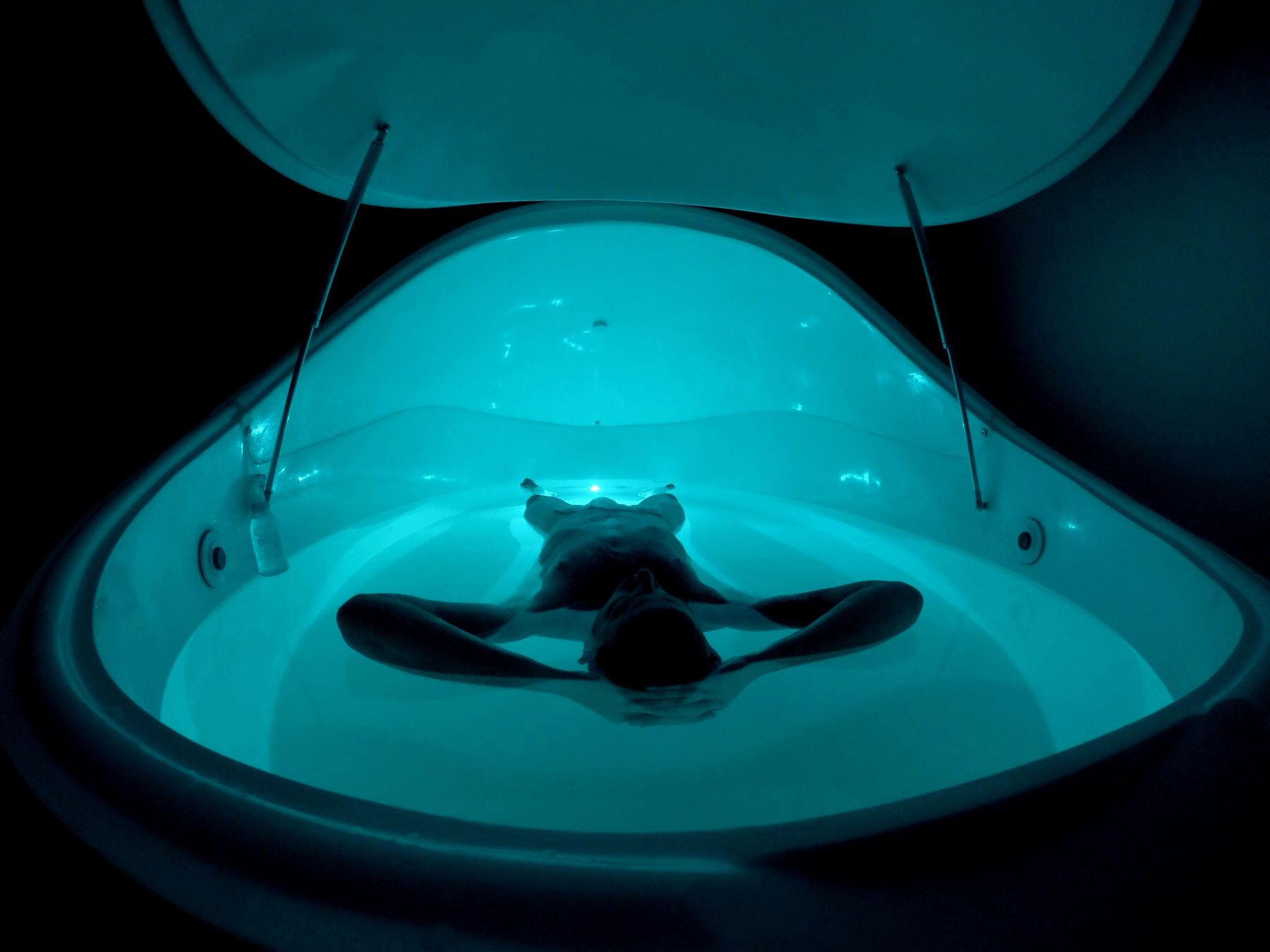
It’s a pitch-dark soundproof tank which is filled with saline water with a very high salt contents, which makes you float. The idea of the tank is to deprive you of your sensory input, and in this way bring you into an extremely deep state of relaxation. It is said to reduce stress and anxiety by lowering the cortisol levels.
The very first tank was designed in 1954 by John C. Lilly, an American physician and neuroscientist. He designed the tank to study the consciousness by cutting off all external stimuli. His research took a controversial turn in the 1960s. That’s when he began experimenting with sensory deprivation while under the effects of LSD and ketamine.
So how did I experience the sensory deprivation tank, and is it any different from a freediving hang?
This is how I experienced the sensory deprivation tank -
Sense - Hearing
You are in a complete silent environment and the tank has a soundproof shell ✔️
Sense - Smell
In the tank I experienced a smell of salt and hot water✖️
Sense - Touch
The water you are in is the same temperature as your skin, so you don’t feel your skin touching anything ✔️
However, if you make the mistake of getting some highly saline water in your eyes, you will certainly be feeling a great deal of discomfort!
Sense - Signt
No visual input, complete darkness in the tank ✔️
Sense - Vestibular
The saline solution salt makes you float, making you feel as though you are weightless ✔️
And in comparison, what senses do we deprive on a freedive hang?
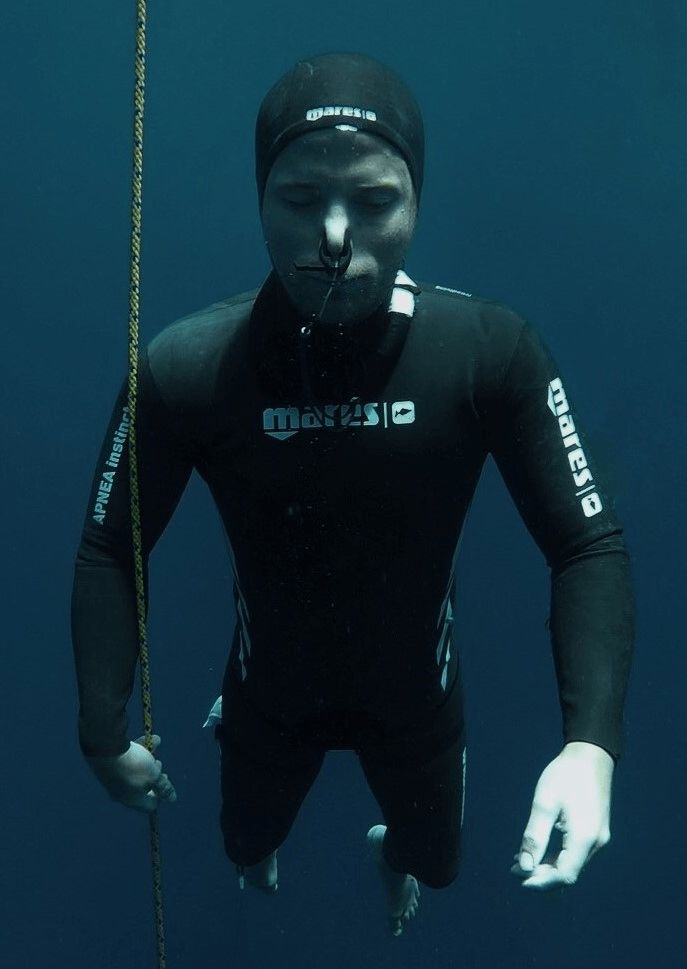
Freediving hangs
Sense
- Hearing
Depending on where you are, the water environment could range in sound. I’ve experienced close to silence when I’ve been doing hangs in the open ocean. But there is still always the slight noise of a distant boat engine or the noise of fish eating away at the corals.✔️✖️
Sense
- Smell
This is a sense you don’t experience when freediving. Usually we have a nose clip which means that we won’t smell anything, and therefore this sense is completely deprived when we freedive.✔️
Sense
- Touch
When we’re floating weightless in the water, we experience the slight feeling of cold water touching on the areas which are not covered by our wetsuit. Theoretically, we could be freediving in a place where the water temperature matches our skin temperature at 33c degrees, and then we could assume to get the same effect as in the flotation tank. ✔️✖️
Sense
- Signt
There is no visual input when we hang. We close our eyes and it's as dark as it would be in the tank. ✔️
Sense
- Vestibular
Here, I would say that one’s sense of direction gets even more distorted and numbed when freediving, compared to laying in a tank. You really feel weightless when you’re hanging at around 10 meters, and this feeling is hard to simulate, even in a floatation tank. ✔️
So, what are the scientifically proven health benefits of sensory deprivation tanks?
In the 1970s, commercial float tanks were created and began being studied for possible health benefits. The studies found that:
Stress, depression, anxiety, and strong pain were significantly decreased, while optimism and sleep quality significantly increased for the flotation-REST group.
There was also a significant correlation between mindfulness in daily life and degree of altered states of consciousness during the relaxation in the flotation tank.
Here is a link to the study: https://www.ncbi.nlm.nih.gov/pmc/articles/PMC4219027/
Although not entirely the same, freediving hangs are able to deprive one of many of their senses, and most freedivers would agree that hangs can give you a real sense of peace. I’d even argue that freediving, if done in a mindful and relaxed state, may have similar benefits to the health as the flotation tank.
Share article:

